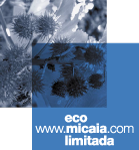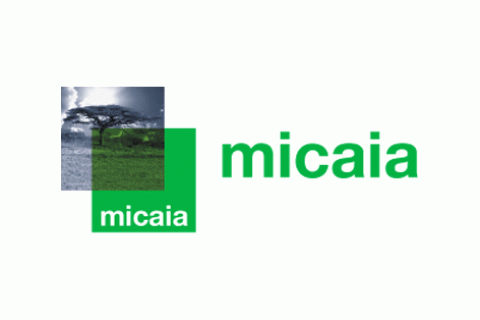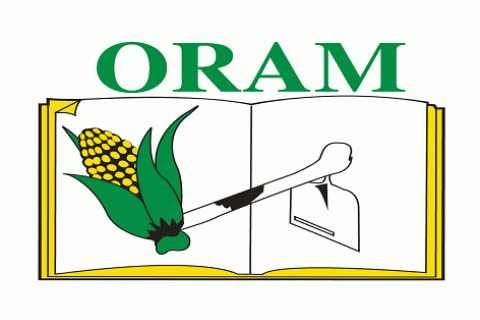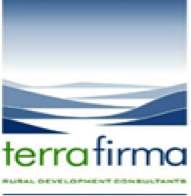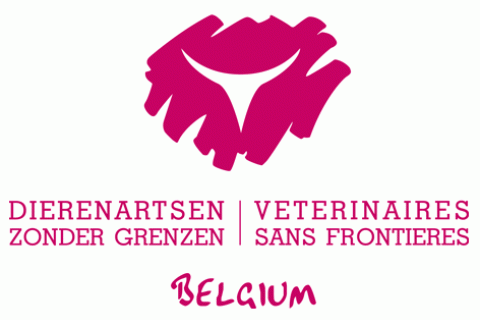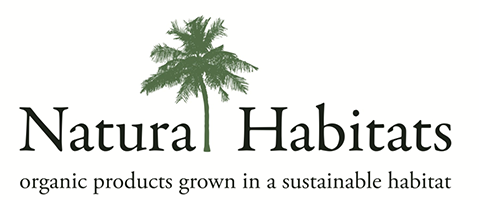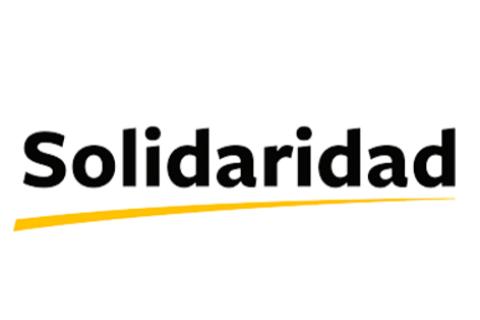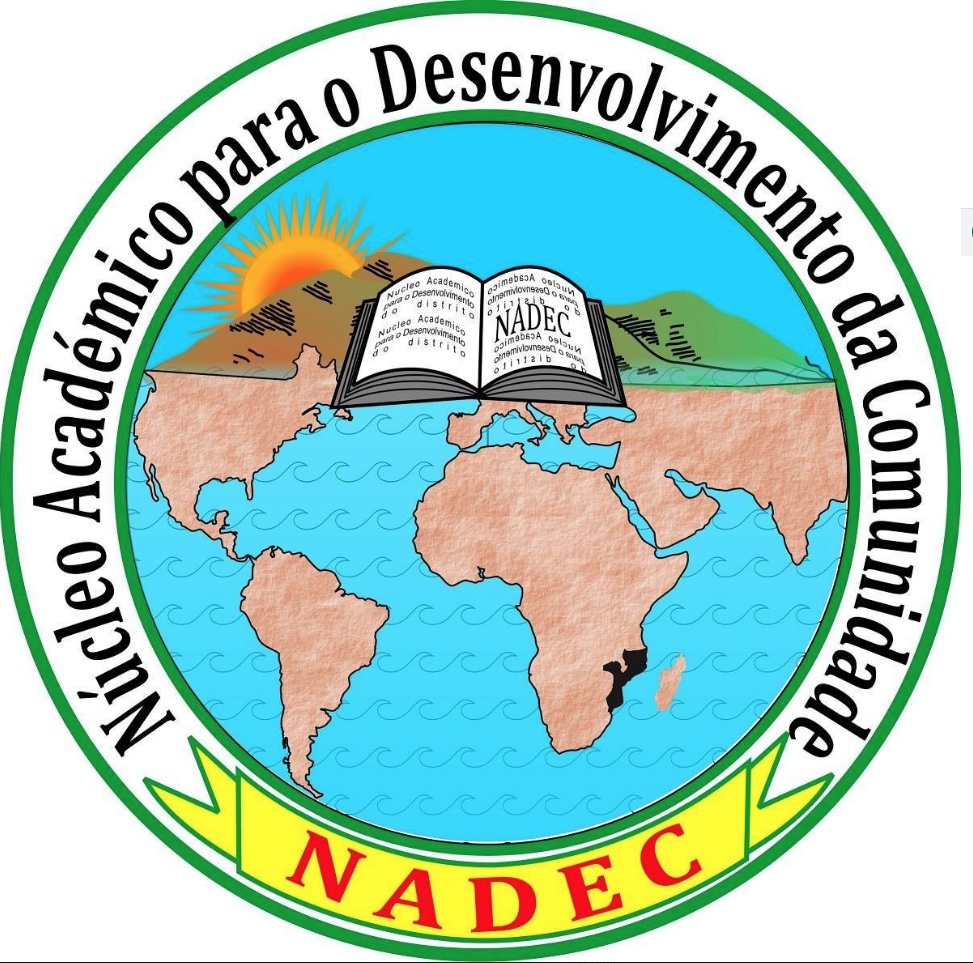Details
Affiliation:
Location
Contributions
Displaying 1 - 10 of 17Eco-MICAIA Ltd
We work very closely with MICAIA Foundation, providing business development services to some of MICAIA’s economic livelihoods work. These services include feasibility studies, market research, business planning, technical training, management, marketing and distribution. In some cases we mobilize financial investment, usually a mix of low-cost loans or equity contributions from social impact investors.
Safeguarding livelihoods of women baobab harvesters through improved land and natural resources governance
General
The project supported women in 14 communities incorporating 23 villages across two Districs in Northern Mozambique to get secure access to land/trees and an improved income from those trees. The Project achieved this by: obtaining secure access rights to Baobab trees through the development of natural resource management plans; providing training in how to make organic-certified Baobab fruit pulp and the procurement of contracts with a local private company, Boabab Products Mozambique Ltd (BPM); organising women's farmer groups, which have the formal relationship with BPM; and providing all stakeholders (government, community, private sector) with training on the VGGT. By the end of the project women Baobab harvesters in Guru and Tambara Districts benefit from: Improved Security of Access and control over the baobab resource; Being able to participate powerfully in the baobab value chain; and Being able to leverage participation in the baobab value cain to generate material benefits such as increases in income. Grantee’s products and project documentation Innovations in the baobab value chain and inclusive business development – lessons and opportunities Changing Household and Gender Dynamics Resulting From Baobab Business Development Implications of Baobab Value Chain Development for Land and Natural Resource Rights and Governance
Baobab Products Mozambique
Mozambique has the potential to be a major supplier of baobab powder and oil and Baobab Products Mozambique is leading the way. We are bringing high quality organically certified products to national and international markets while making sure that the benefits from this trade are shared fairly with suppliers and their communities.
Piloting the ‘Community Land Value Chain’ in Zambezia, Mozambique
General
ORAM with Terra Firma, provided assistance to 20 communities and 14,000 households living in and around concession areas granted by government to Portucel Mozambique, a subsidiary of the Portugal based Navigator company, for Eucalyptus plantations, intended to supply European pulp and paper markets. The project adopted a technical approach and set of digital tools known locally as CaVaTeCo - the Community Land Vale Chain approach, developed by Terra Firma and ORAM. This was used to identify local community boundaries, and the household and family owned land parcels within them, create legally-recognised institutions to represent each community, establish local land registries supported by a centralised digital platform, and issue certificates to all land holders. The project also undertook land use planning with each community, and promoted women’s participation and a high proportion of land parcels are registered in the name of women. ORAM facilitated recognition by district government of the community and household land rights documented and the community land associations established The principal outcomes of the project was to secure the land rights of communities in the focal areas of Portucel’s concession in Zambezi province, enabling Portucel to operate on the basis of the free, prior and informed consent of the legitimate land rights holders, and creating a more level playing field for negotiation between the communities and Portucel on the terms and arrangements for the company to use community land. This can also potentially assist in enabling other companies and government to adopt best practice for responsible in agriculture abdn plantation forestry. As the project got underway, Portucel agreed to suspend land acquisition and to proceed to negotiate land access to land on the basis of documented community land rights. The company changed its plans from a focus on large scale plantations and adopted an agro-forestry mosaic approach that would include small scale plantation blocks and outgrower arrangements, with support to farmers to produce of income generating crops including alternative tree species. The project also undertook training of community land association members in legal aspects and business negotiation with outside investors seeking to access land. Formal negotiations between the local communities on Portucel based on local community members’ documented land rights and their assessment of what land could be made available to the company did not take place during the life ot the Legend project , as Portucel was not ready to propose new land use agreements and plans. Grantee’s products and project documentation CaVaTeCo Briefing Note: Piloting the “Community Land Value Chain” Approach in Mozambique CaVaTeCo Briefing Note: Key Messages on the “Community Land Value Chain” Approach in Mozambique CaVaTeCo Technical Guide 2 - Steps in Delimitation of Family Lands CaVaTeCo Technical Guide 1 - Stages of the CaVaTeCo Approach CaVaTeCo Technical Guide 4 - Active Community Participation Improves Efficiency of Family Land Delimitation CaVaTeCo Technical Guide 3 - Common Problems in Land Delimitation Guião Técnico de CaVaTeCo 2 : Passos de Delimitação de Parcelas Familiares Guião Técnico de CaVaTeCo 3 - Problemas Frequentes na Delimitação de Terra Guião Técnico de CaVaTeCo 4 - Participação Activa Melhora a Efficiência da Terra Familiar Governação Participativa de Terras - Preparação para Negociação com Investidores CSO Briefing Note for Enviromental Impacts of Eucalyptus Plantations Report on the training for Community Land Associations to prepare for negotiation with investors Portucel Mozambique slide presentation (September 2019) Options for Securing Tenure and Documenting Land Rightsin Mozambique: A Land Policy & Practice Brief Options for Securing Tenure and Documenting Land Rightsin Mozambique: A Land Policy & Practice Paper Opções para Garantir a Posse e a Documentação dos Direitos à Terra em Moçambique: Um Infõrmativõ Breve Documento sobre as Políticas e Práticas de Acesso à Terra Opções para Garantir a Posse e a Documentação dos Direitos à Terra em Moçambique: Um Documento sobre as Políticas e Práticas de Acesso à Terra
Dorobo Safaries
Dorobo’s real niche is providing a source experience for clients that connects with local people who are close to the land. What this entails is long-term partnerships with local communities that are fair and transparent and allows for structured but un-staged encounter. The areas have a wilderness character so that visitors (and we ourselves) have the privilege of learning about wildlife, nature, and the land through a synergy of traditional and scientific knowledge.
Investing in land tenure and management to assure sustainable tourism revenues, natural resource utilisation a
General
The project secured collective land rights for surviving Hadzabe hunter–gatherer and Datoga pastoralist groups, and improved the governance of village lands in 11 neighbouring village areas in the Yaeda-Mangola area, east of Lake Eyasi, in Northern Tanzania, which forms an important wildlife and mobile human land use corridor. As the landscape is the foundation for rapidly growing cultural tourism, focused on the indigenous Hadzabe lifestyle, the project also developed a sustainable tourism management plan and code of conduct, founded on collective land rights security and effective land use planning, Today, Hadzabe and Datoga are dependent on landscape integrity to support their livelihoods, and Hadzabe on well managed tourism to generate essential cash income while maintaining their autonomy and dignity. The project has now established new revenue sharing arrangements between tourism operators, host communities, village councils, and district government. Intervention was urgently needed because pressure on land, natural resources and indigenous communities have been under increasing pressure from an influx of farmers from outside the area and from unregulated tourism operators. Through capacity building of village level land management institutions, participatory land use planning and securing community grazing and forest land, local communities, village councils and a wide range of local tourism operators all benefited from secured pastoral and hunter-gatherer livelihoods as a basis for more sustainable generation of tourism revenues. All public and private stakeholders and all different land-users (pastoralists, farmers, hunter-gatherer) were actively involved in every aspect of the land use planning and management process. Grantee’s products and project documentation Cultural Tourism Poster The Lake Eyasi Landscape - Towards a Sustainable Tourism Management Plan
Natural Habitats
Natural Habitats Group is a company fully committed to the sustainable production of organic and fairly traded products, including organic palm oil. Natural Habitats products are cultivated using only 100% organic practices by small farmers and owned plantations in South America and add organic credibility to food, personal care and animal nutrition products.
Applying the VGGT to the responsible development of a large-scale oil palm plantation in Sierra Leone
General
Natural Habitats Sierra Leone (NHSL) acquired an oil palm concession of over 40,000 hectares from a previous owner, planning to produce organic palm oil from plantations to be developed within it. The concession covered the entire Makpele Chiefdom, located in Pujehun District in Eastern Sierra Leone, and originally included the buffer zone of the Gola Rainforest National Park (GRNP). The company south the participation of families and local community members through leasing part of their land to the company, and by operating as outgrowers or employees. To help ensure that the development would be inclusive, sustainable, transparent and respectful of human rights, NHSL requested the international NGO Solidaridad West Africa, to assist in applying the VGGT based Analytical Framework for Land-Based Investments in African Agriculture to the project. In doing this, Solidaridad identified the land tenure related risks for local communities and for the investment, and helped NHSL to develop risk mitigation strategies. The principal measure was to establish a local multi-stakeholder platform (MSP) as the forum representation of all community groups, negotiation with the company, for mediation between rival local land owners associations that had emerged, one opposed to the oil palm investment, the other in favour of it. The project also mapped the land areas identified for leasing to the company, and assessed the livelihood and food security implications of releasing this land with the local communities. The project trained all parties (land owning families, farmers and community members, and company staff as the leaseholder) in land tenure awareness, negotiating and contracting. Women’s participation was promoted actively, both at community level and in the MSP, and women developed an active voice. As a result of the project the total concession size was eventually reduced to approximately 2,300 ha and new leasehold arrangements were negotiated with the land holding families concerned, and escalating conflicts between stakeholders at community level and with the company were overcome. In addition the project also trained and formalised the land rights of approximately 3,000 out grower farmers on an additional oil palm production block in a neighbouring district which NHSL had also acquired 30% of whom were women. Solidaridad intend that lessons learned from the innovative approach be used to promote industry-wide adoption of the VGGT, nationally, regionally wtihin West Arica, and internationally. Grantee’s products and project documentation Solidaridad - The LEGEND Project: Accomplishments and Lessons Natural Habitats Sierra Leone company perspective: The LEGEND project: accomplishments and lessons Solidaridad’s learning report on applying VGGT principles to the Natural Habitats investment: Application of the New Alliance Due Diligence Tool: lessons from green field oil palm investment in Sierra Leone Solidaridad learning story on reduction of the NHSL concession size Solidaridad learning story on participatory mapping LANDac policy brief: Negotiating and implementing large scale land deals in Sierra Leone: Improving transparency and consent Natural Habitats Group in Sierra Leone: Evolution of Company Perspectives, Policies and Practice
Núcleo Académico para o Desenvolvimento da Comunidade
NADEC é uma pessoa Colectiva de Direitos privados, Sem fins lucrativos, fundada e registrada em 02 de Outubro de 2006, por um grupo de estudantes universitários nacionais, e lançada publicamente aos 29 de Setembro de 2007. É constituída por 16 membros e tem como o Responsável Sr. Hipólito Lourenço Benfica na qualidade de Presidente da Organização. Visão: Uma Sociedade livre de Injustiça em que as comunidades participam activamente na luta contra a pobreza. Missão: Emponderar as comunidades para que participem consistentemente nos processos de desenvolvimento local.



